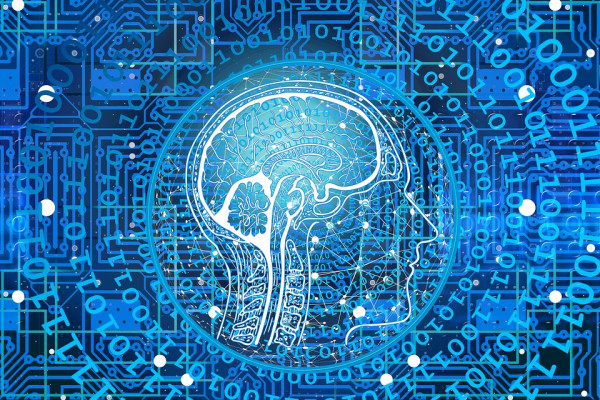How is AI changing the way we practise medicine?
Interviews about Medicine
Interviews about medicine, physiology, pathology, bacteria and viruses, pharmacology, food, hormones, neuroscience and psychology...
Featured
This week, Chelsea and Bob look at diseases of the brain. Chelsea sniffs out a new way of screening for Alzheimers...
George Cotsarelis, of the University of Pennsylvania speaks to Chris about how he identified the genetic pathways...
Scott Manalis tells us about the technique he has developed for weighing tiny objects underwater, such as single cells...
This week, Bob and Chelsea look at how we react to bacteria. Bob looks into how bacteria could protect us from Asthma...
Dr Tim Wreghitt explains how noroviruses spread themselves through projectile vomit and use cruise ships as the perfect...
For kitchen science we tried to see if there's any truth to the urban legend that there's more bacteria on a...
Dr Ali Ashby on all that is fantastic about fungi. From the worlds largest organism to the flavour of chocolate, we...
Andrew Boulton explains how Maggots help to cure infection with MRSA, or Methicillin Resistant Staphylococcus aureus,...
Bob and Chelsea tell us why having a high IQ may not be the que to success.
Bruce Winney talks about the genes which make up the British people
Chelsea and Bob try to answer the age old question 'Why do we buy what we buy?' Does celebrity endorsement...
Laura Font describes how she has found a way to find out where migratory birds have been by measuring strontium isotope...
Stan Harpole talking about how using fertilisers can reduce biodiversity by destroying the niches that allow complex...
Bob and Chelsea look at two ways you can lower your risk of cancer.
Sabina Michnowicz speaks to Jason Wray, John Stingl and Brian Huntley on the role that stem cells have to play in cancer
Dr Andrew Futreal tell us about identifying faulty genes in tumours, and how these could be used for targeted therapy.
Fiona Watt explains how stem cells are a major player in cancer growth, and may be the key to finding new cures.
Chelsea and Bob look into Puberty and Death - expolring why teenagers are moody and using computers to predict how you...
What is heart disease, what is a cardiac arrest, Niall Campbell explains.
Anthony has been investigating injecting stem cells into the heart to help it recover.
Bob and Chelsea hear about the music of the ocean, including scientists that listen to whale communication, and how the...
Insect viruses are indestructible thanks to their crystal structure - why is this important? Find out here.
The Naked Scientists spoke to Chelsea Ward and Bob Hirshon from AAAS
